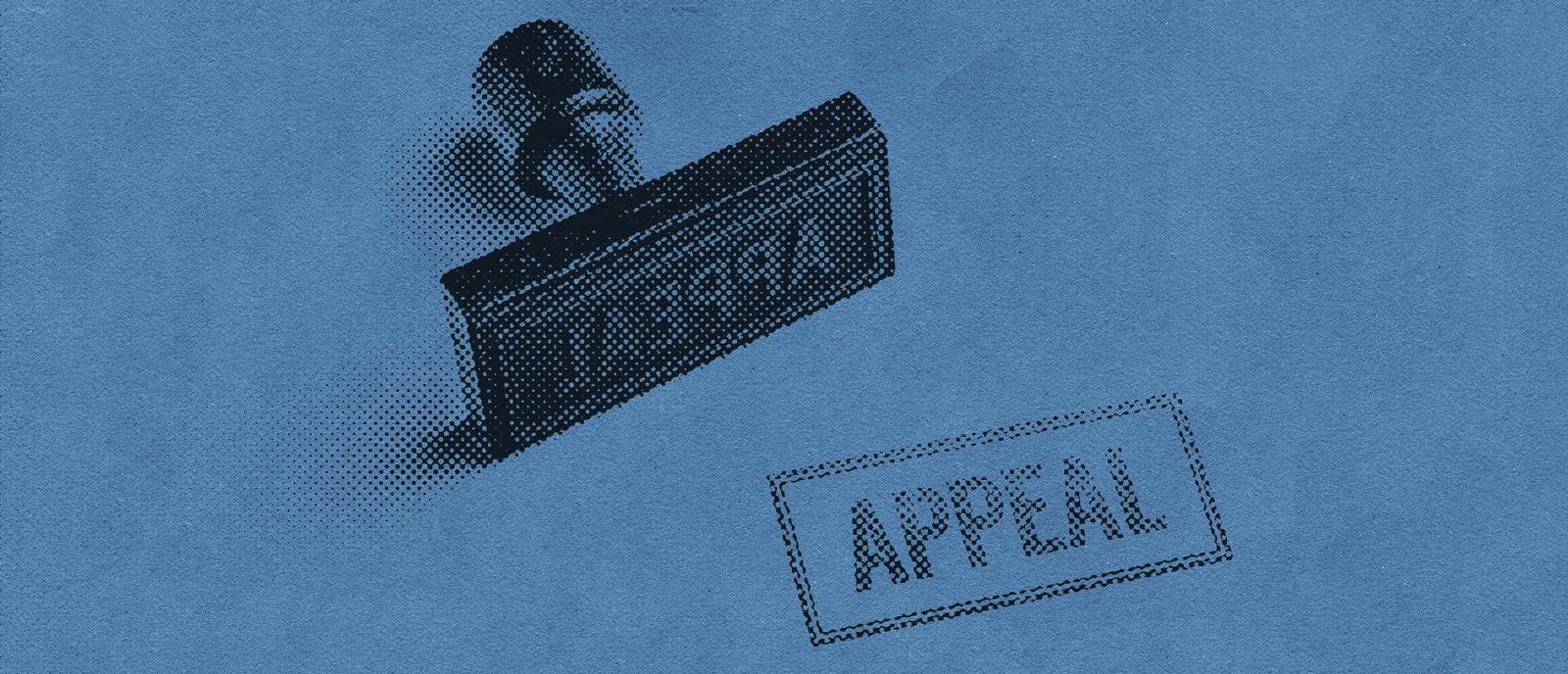Rippey v. State and a New Day for Challenging (Bad) Guilty Pleas in Utah
Ok, this is gonna get complicated is you’re not already familiar with Utah’s bizarre world of plea withdrawal limitations, and the post-conviction remedies act, and all the caselaw that has built up around them over the years. But if you or a loved one has entered a plea of guilty (or no contest) to a criminal charge in Utah, the new case of Rippey v. State probably affects you, so you should know about it. Rippey is a big deal. And, IMO, it’s a good thing for criminal defendants, but also for fairness and constitutional rights in Utah.
Here’s the deal: Most people who enter guilty pleas are happy with the result. Maybe “happy” is the wrong word, but they do it because it is their best option. People plead guilty because they get something out of it — usually a reduction in their charges or their penalties. I will leave it for another day to talk about the problems with our plea bargaining system in general. But the point is, most people who enter guilty pleas do not try to withdraw their pleas later, because they understand the plea deal was in their best interests.
But sometimes, something goes wrong in the plea bargaining process. Maybe the prosecutor did not follow up with their end of the bargain, maybe the defendant found out later that their attorney gave them really bad advice about what would happen or about their chances of winning at trial or about the government’s evidence, or maybe they were under the influence of a drug or mental illness when they accepted the plea. These people will sometimes try to withdraw their guilty pleas.
But about 35 years ago, the powers that be convinced the Utah legislature that people trying to withdraw their guilty pleas long after they had been convicted and sentenced was a bad thing. A thing so bad, the ability to withdraw a guilty plea had to be severely restricted. So the legislature created the “Plea Withdrawal Statute.”
The Plea Withdrawal Statute has changed several times over the years, but under the version that’s been in effect for the last couple decades, anyone who wants to withdraw their plea has to do it by filing a motion before they are sentenced. And if the fail to do that, they are absolutely prohibited from challenging their guilty plea on appeal, where they have the guaranteed assistance of counsel, and instead they are forced to do it through something called the Post-Conviction Remedies Act, which is complex, burdensome, and does not include the right to the assistance of counsel.
There are some obvious problems with that system, and probably the biggest one is that many people don’t know that something was wrong with their plea until after they are sentenced. After all, if they got bad advice from their attorneys, they probably aren’t going to find out about it before they are sentenced. Similarly, if someone is under the influence of drugs or mental illness, that can last much longer than the period between plea and sentencing. The practical effect of the Plea Withdrawal Statute was that most people who enter guilty pleas (which is most people charged with a crime), had no way to challenge those guilty pleas if something went wrong—they couldn’t do it on appeal, and the Post-Conviction Remedies Act is too complicated to navigate without the help of an attorney, unless you have the resources to hire a private one.
That brings us to Rippey. In Rippey, we were able to convince the Supreme Court of Utah that the Plea Withdrawal Statute is unconstitutional. As of now, the very beginning of 2025, it seems that people are allowed (once again) to file motions to withdraw their pleas after sentencing and able to challenge a bad guilty plea on their direct appeal, with the guaranteed assistance of counsel.
Read the opinion here: Rippey v. State.
But keep in mind there are lots of open questions that need to be resolved about what Rippey actually means and what happens now, so don’t take this measly blog post as legal advice: contact myself or another experienced appellate attorney to discuss your options if something went wrong with a guilty plea in Utah.

